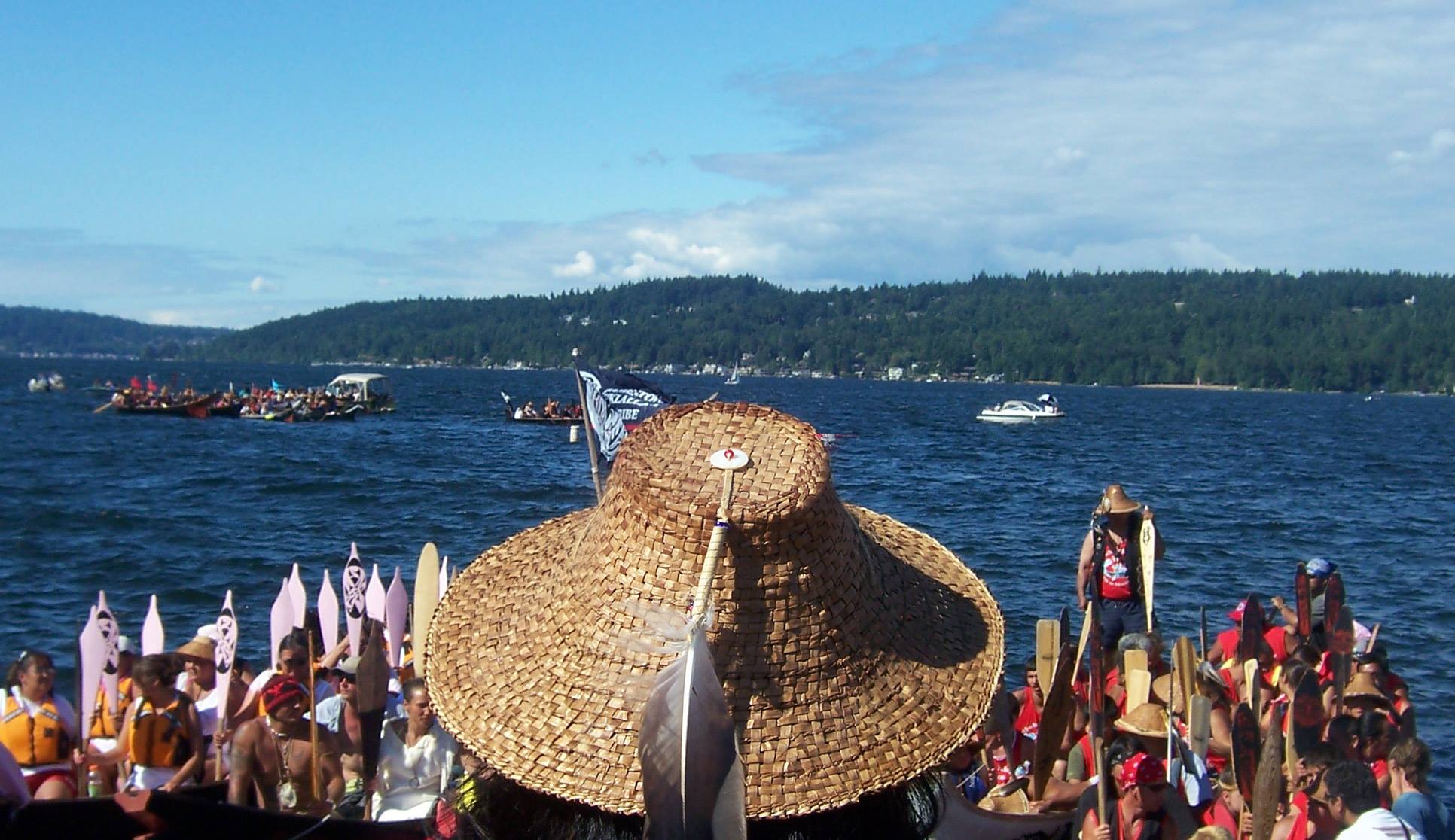While nearly $6 million in federal grants have been approved for five of twenty nine Washington tribes to pay for programs to combat the spread of COVID-19 and give financial help to tribal members, more work needs to be done to help provide access to healthcare, housing, and food assistance to about 145,000 American Indians and Alaska Natives in Washington state. For example, the Seattle Indian Health Board does not receive adequate funding and resources to test and treat the community for COVID-19. And because testing center locations also present a barrier when you consider reservations are in rural areas with limited access to public transportation and infrastructure–like access to clean water for handwashing–it is all the more important to make sure funding is available to track the spread of COVID-19. As we prepare for the next wave of this virus, we have to consider how current prevention measures are barriers in marginalized communities and take steps to intervene.
Nationally, only 0.23% of U.S. philanthropic dollars are awarded to Native-led nonprofits, which fell from about 0.5% in 2006. According to First Nations Development Institute, many misconceptions of Indigenous people are factors in the decision to give to Native-led nonprofits, including institutional racism, white guilt, and negative stereotypes. This presents a challenge especially now as the pandemic impacts this community and there are not enough funds to adequately treat and serve the community. As foundations and corporations make commitments to funding causes and launch initiatives that strive for an anti-racist and more equitable future, it’s important to consider the historical treatment of Indigenous people.
The Na’ah Illahee and The Potlatch Fund are two organizations seeking transformative change by supporting culturally grounded leadership and organizing across Washington state. Both funds are working together to support tribal communities impacted by COVID-19 through grant funds, and direct outreach. The Potlatch Fund has created a COVID Response Grant, which will serve as a pilot for a more comprehensive Rapid Response Grant mechanism in the future. The Na’ah Illahee Fund has created the Native Community Crisis Response Fund to provide immediate and direct assistance to Indigenous communities and groups in Washington State and the Pacific Northwest due to the financial, social, and health impacts of the COVID-19. To date, The Potlatch Fund and Na’ah Illahee Fund have collectively raised over $1.6 million to address COVID-19’s impact among Native communities. With the funds raised, The Potlatch Fund and Na’ah Illahee Fund are providing grants and leadership development in Tribal communities throughout Washington to meet critical needs of Native American communities and under-served communities of color that are disproportionately affected by this crisis.
These times call for everyone to come together to help the hardest hit communities. Just as Washington state has been leading on COVID-19 recovery, there is an opportunity to lead by example and ensure the needs of the Indigenous are met. All in WA, a coordinated statewide relief effort, is bringing together a coalition of public officials, companies, philanthropic leaders, community foundations, United Way organizations, community leaders, frontline nonprofits, and individuals to provide immediate critical and emergency support for workers and families most affected across Washington State, including tribal communities. The initiative has centered around the issues impacting the people of Washington and is working to raise awareness and funds for these causes and organizations. All In WA has been intentional about directing funds to organizations and communities who are impacted by COVID-19 at disproportionate rates, and they have identified the Na’ah Illahee and the Potlatch Fund for funding. The initiative has raised $55 million of it’s $65 million goal and donations up to $1 million are being matched by Jeff Bezos up to $15 million dollars, so donations made to these indigenous funds at allinwa.org will be matched dollar for dollar.
All in WA is a step towards making sure funding silos in the non-profit sector are broken down and communities often underfunded have a fair chance of funding. There’s still more to be done as a collective and to do a better job of serving Indigenous communities. By actively listening to Indigenous voices and creating strong accountability structures to respond to learnings, we can collaborate with Indigenous leaders to ensure that funds for Indigenous causes are used effectively and efficiently, meeting critical needs that have gone unfilled for far too long.
